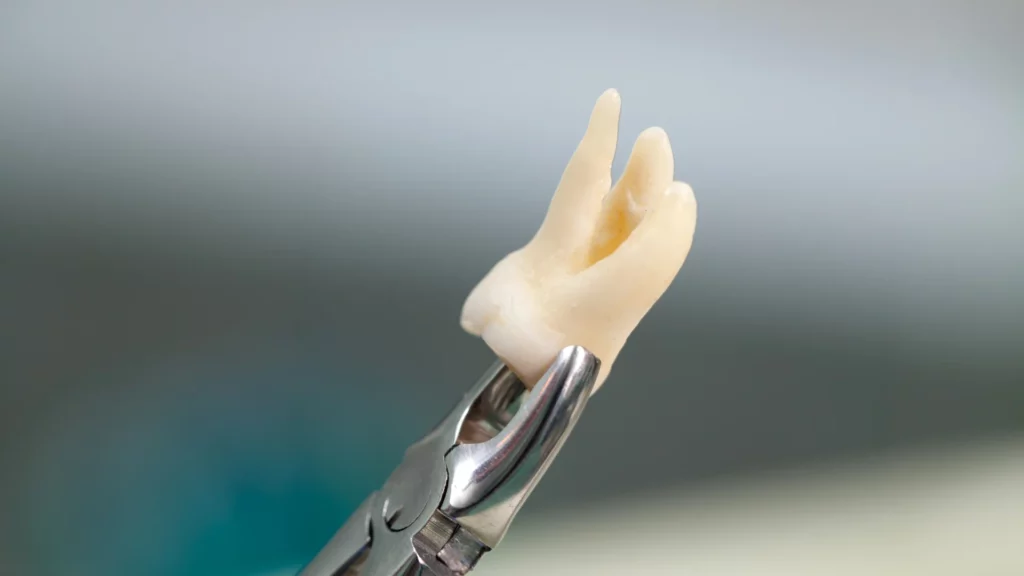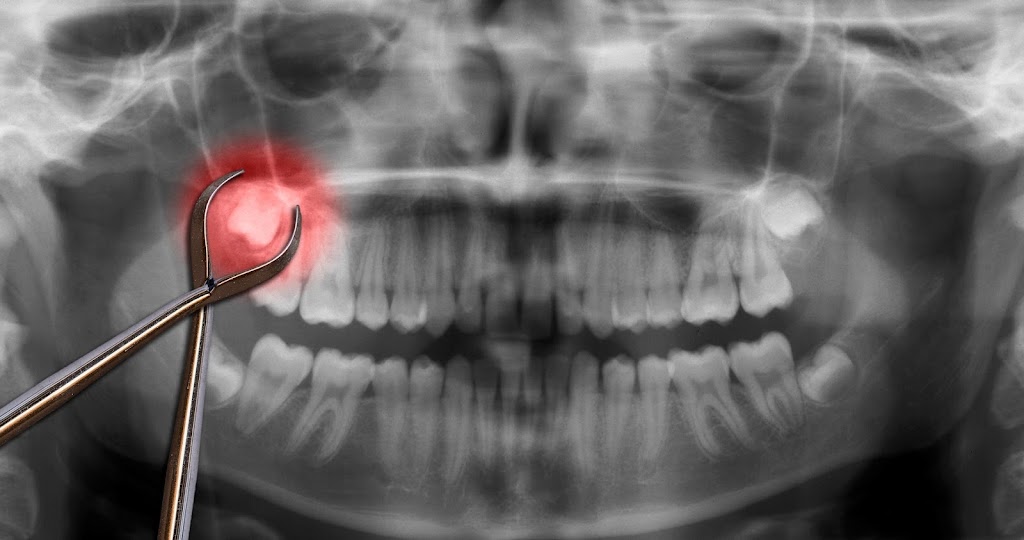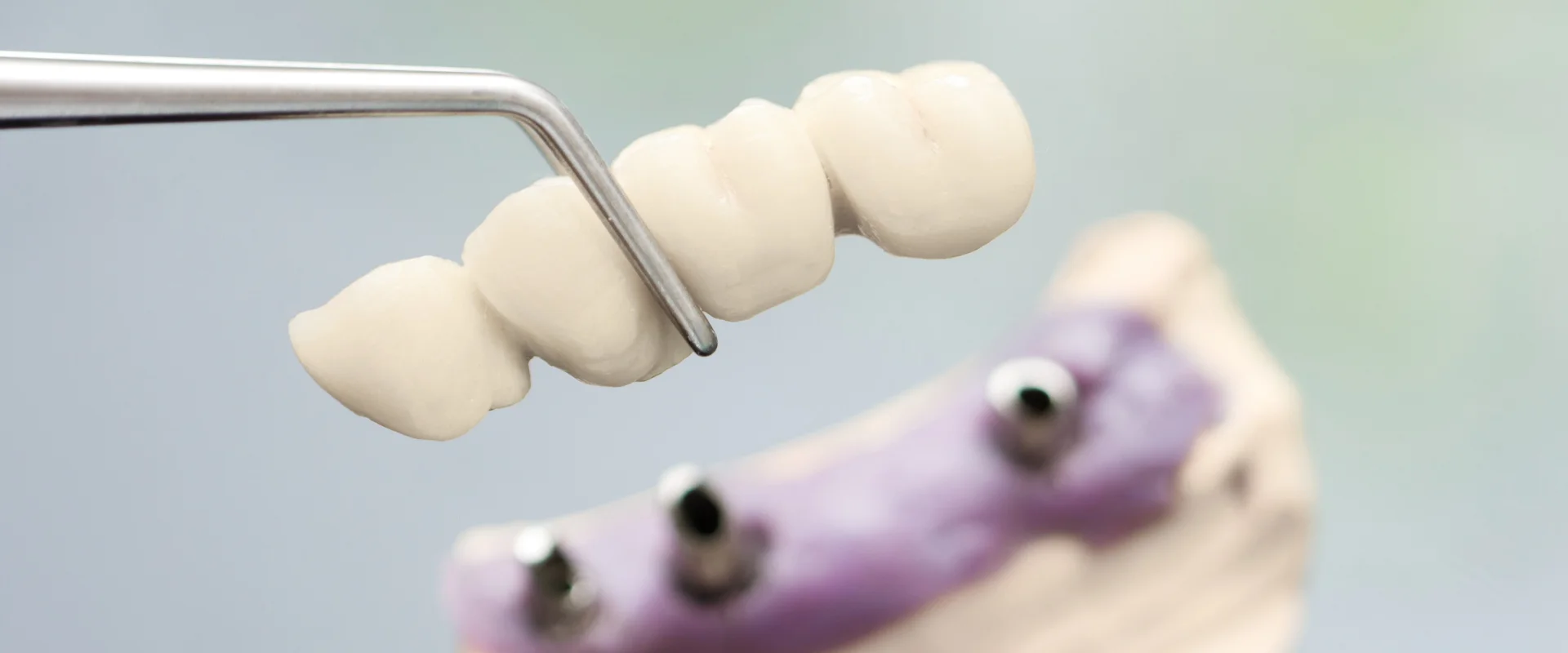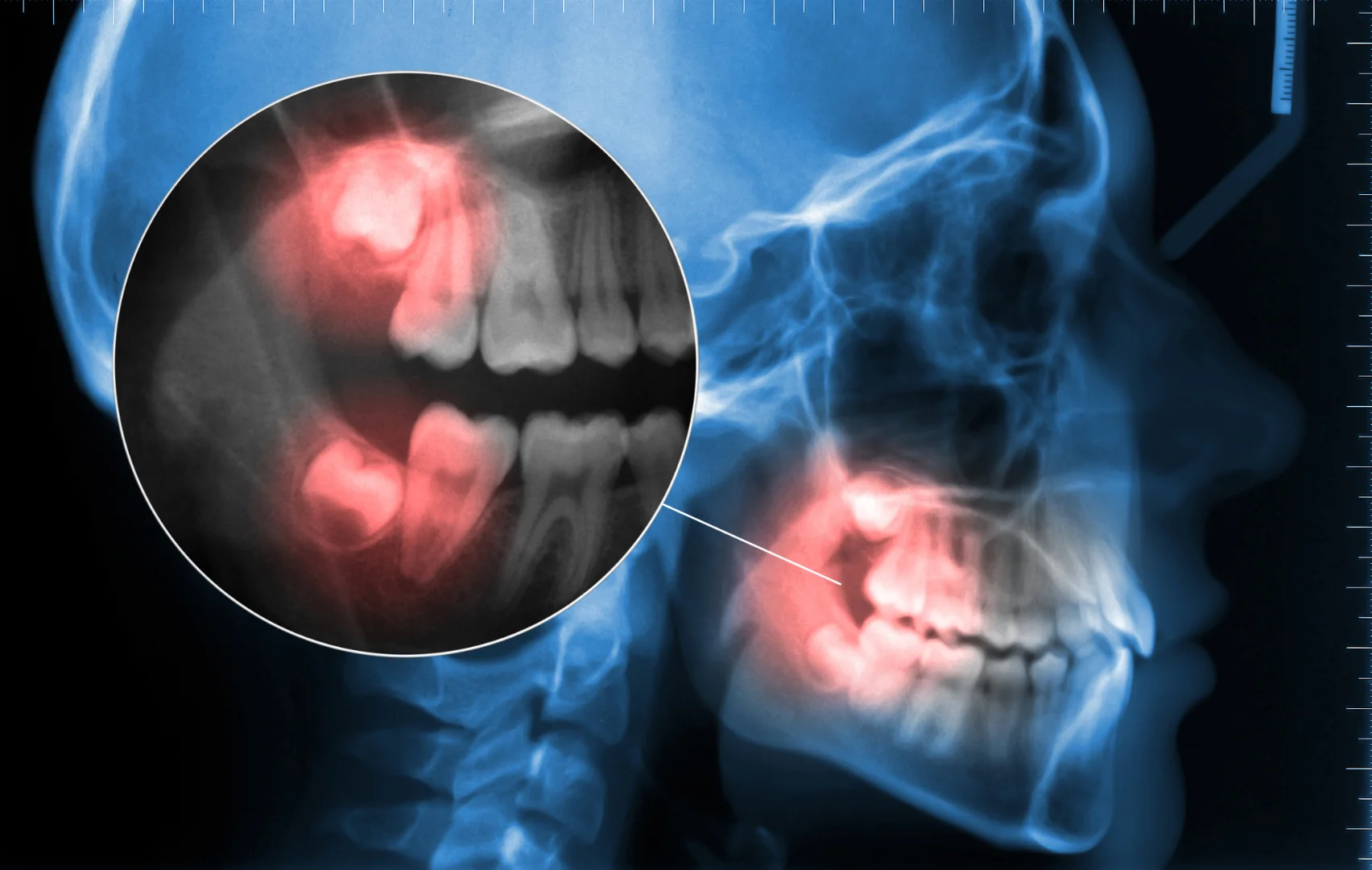Wisdom teeth – the third and final set of molars – typically do not erupt until late in the teenage years or early adulthood, usually in the early 20s. Though not everyone needs their wisdom teeth removed, those that do will likely experience problems with them between the ages 25 and 30.
Introduction to Wisdom Teeth
Wisdom teeth, also known as third molars, are the last set of teeth to develop at the back of the mouth, usually making their appearance in the late teens or early twenties. While some people are fortunate enough to have their wisdom teeth grow in straight and healthy, many experience issues due to insufficient space in the jaw. Impacted wisdom teeth—those that become trapped beneath the gum line or grow at awkward angles—can cause significant pain and discomfort. These problematic teeth often contribute to oral health issues such as gum disease, tooth decay, and infections. By removing wisdom teeth early, especially before they cause complications, patients can help protect their dental health and maintain overall oral health for years to come.
Why Should My Wisdom Teeth Be Removed?
There are several common complications associated with wisdom teeth that make their removal necessary. Healthy, well-positioned wisdom teeth do not cause problems, however, this is usually not the case when wisdom teeth erupt. Oftentimes, there is not enough space in the mouth to accommodate an additional set of teeth, which can lead to several dental issues.
- A wisdom tooth that does not fully integrate into the mouth or align with the other teeth can become an impacted wisdom tooth in the jaw. Impacted wisdom teeth can house bacteria, which eventually leads to gum disease and infection.
- If a tooth fails to come in completely, it is considered partially erupted. Tissue will grow over the partially erupted tooth, allowing food and other particles to become lodged under this tissue and form bacteria.
- Teeth that grow in awkwardly can be causing pain and difficulty chewing. These issues can force the surrounding adjacent teeth to reposition themselves or push together and overlap. Removing these problematic teeth can help alleviate discomfort and prevent further misalignment.
- Wisdom teeth that erupt only partially can sometimes cause fluid-filled sacs to form, otherwise known as cysts. To stave off infection and avoid damage to neighboring tissue, these cysts should be promptly drained or removed. However, there are no guarantees the cysts will not reform even after removal.
Infected wisdom teeth can lead to symptoms such as swelling, tenderness, and pain, which may indicate the need for prompt treatment. There is also an increased risk of complications like infection and overcrowding if wisdom teeth are not removed. If left untreated, wisdom teeth problems can result in future complications such as impaction, infections, misalignment, and damage to adjacent teeth.
Due to their position in the jaw, wisdom teeth are exceptionally hard to clean. Flossing and brushing can be a challenge, so tooth decay and cavities are common ailments for these hard-to-reach teeth. And since your wisdom teeth are difficult to see without using a dental mirror, it is almost impossible to gauge visual indicators of infection or other problems.
Because of the problems wisdom teeth present, doctors recommend taking preventative measures whenever possible. Many oral surgeons advocate removing your wisdom teeth in youth before the teeth have a chance to emerge. Younger patients are particularly resistant to infection and generally have faster, healthier recovery times. Early removal helps prevent future health issues and protects your overall future health by reducing the risk of complications.
Are There Risks?
In most cases, there are no long-term effects associated with wisdom tooth extraction. Despite the procedure’s success rate, however, some minor complications can occur, such as a painful dry socket where the tooth was removed, infection due to food particles trapped in the vacant sockets, and damage to neighboring teeth or sinuses. If you experience more pain after the initial recovery period, it is important to seek medical advice, as this could indicate a complication.
The benefits of wisdom tooth extraction are great. To avoid many of these issues, consult with Solace implant center & Oral Surgery for options and information about removal.

Extraction Procedure
The extraction procedure for wisdom teeth begins with a thorough consultation and evaluation by an experienced oral surgeon. During this visit, the dental professional will examine your mouth, review X-rays or Cone Beam CT scans, and assess the wisdom teeth’s position, size, and condition. This careful evaluation helps determine the complexity of the extraction and the best type of anesthesia to use, which may include local anesthesia, sedation, or general anesthesia for your comfort. During the extraction process, the oral surgeon makes a small incision in the gum tissue to access the wisdom tooth. In some cases, the tooth may be sectioned into smaller pieces to make removal easier and to minimize trauma to the surrounding bone and gum tissue. The goal of the tooth extraction procedure is to ensure a smooth experience and promote a healthy healing process. After the extraction, you’ll receive detailed aftercare instructions to help manage discomfort and support a quick recovery.
Recovery and Aftercare
Recovering from wisdom teeth removal typically takes about one to two weeks, with most patients able to return to their normal routines within three to five days. Following your oral surgeon’s post-operative instructions is essential for a smooth healing process and to avoid complications. This includes resting, avoiding strenuous activities, not smoking, and steering clear of drinking through straws, which can disrupt the blood clot that forms in the extraction site. Maintaining good oral hygiene is important, but be gentle around the extraction area. Eating soft foods and staying hydrated will also help during the initial days after teeth removal. Some swelling, discomfort, and minor bleeding are normal, but these symptoms can be managed with prescribed pain medication, cold compresses, and plenty of rest. Attending follow-up appointments allows your dental professional to monitor the healing process and ensure your extraction site is recovering as expected.
Oral Hygiene After Removal
Proper oral hygiene after wisdom teeth removal is crucial to prevent oral health issues and encourage a healthy recovery. In the days following teeth removal, avoid brushing directly over the extraction site, and instead use a soft-bristled toothbrush to gently clean the surrounding teeth and gum tissue. Rinsing your mouth with warm salt water several times a day can help reduce swelling and keep bacteria at bay. As the healing process progresses, you can gradually return to your normal oral hygiene routine and introduce more solid foods. Removing wisdom teeth can actually make it easier to maintain oral hygiene, as it eliminates hard-to-reach areas where food and bacteria can accumulate, reducing the risk of gum disease, tooth decay, and infections. Regular dental check-ups are important to ensure the surrounding teeth and gum tissue remain healthy and to prevent future oral health issues.



